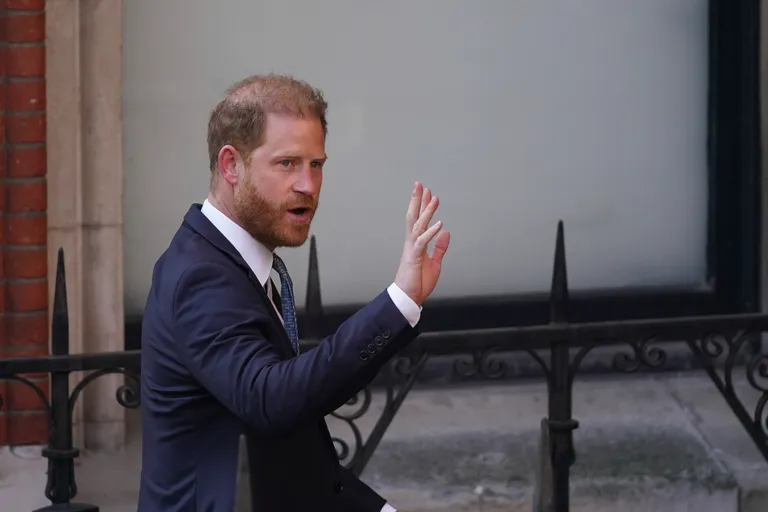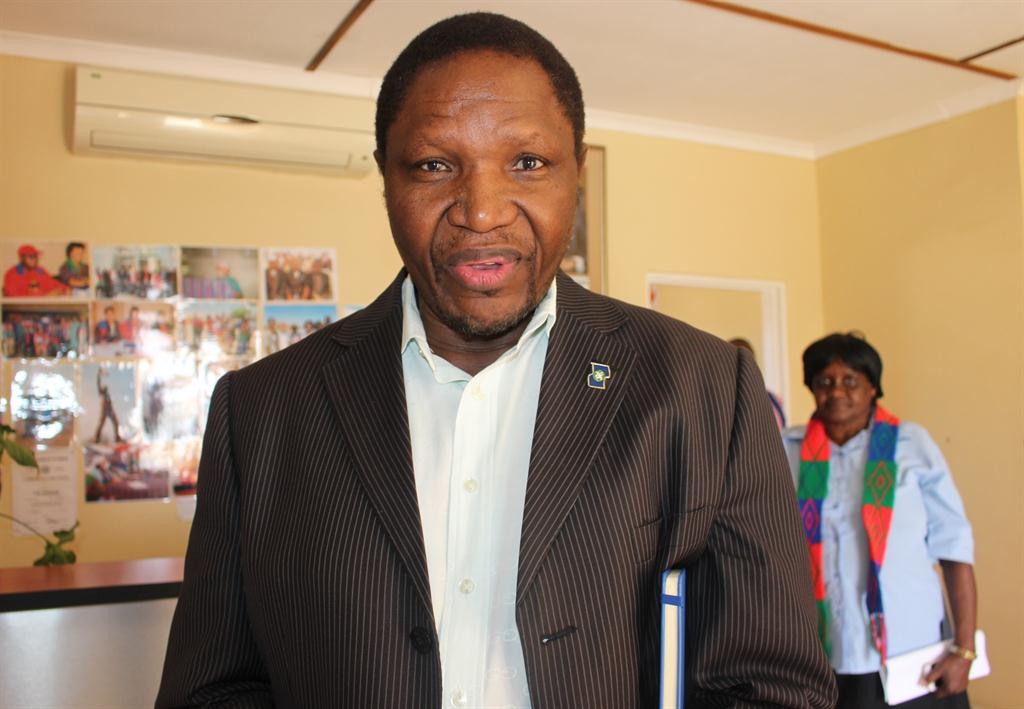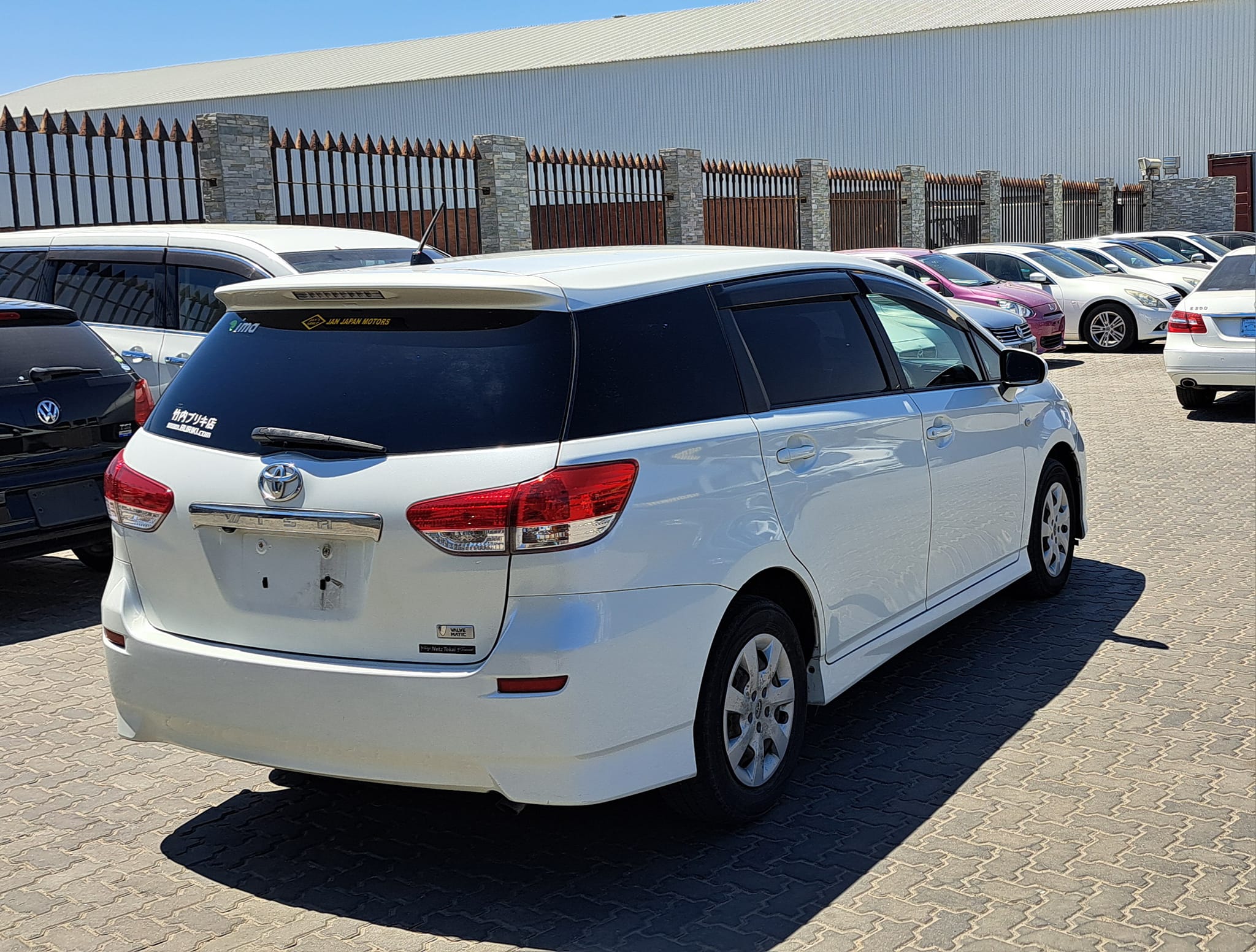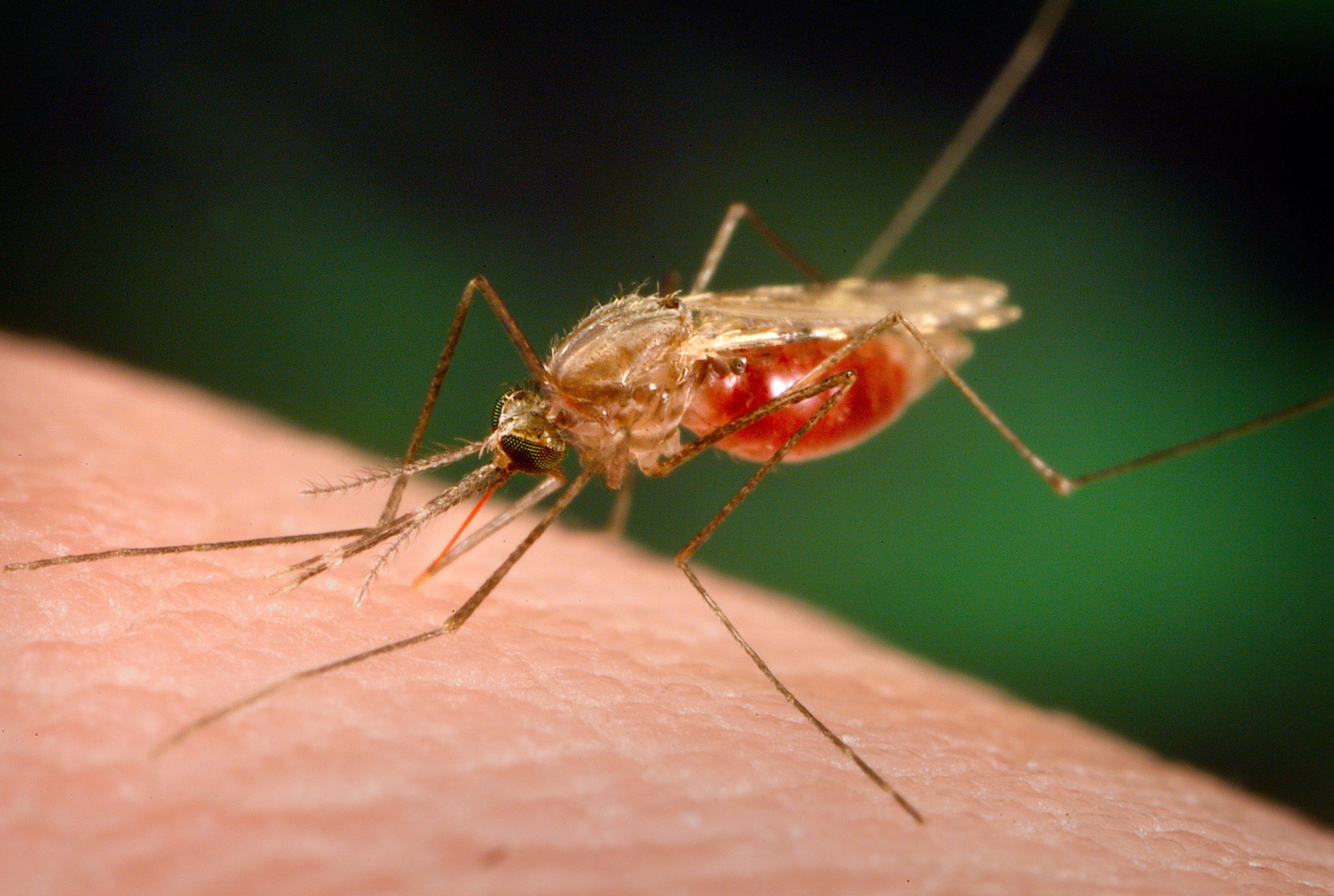RACISM and discrimination against certain language groups in Namibia is alive – more than is apparent on the surface – a public hearing in Windhoek heard yesterday.
Paul Smith, aged 76, minced no words about his observations of Namibian society. “We now live with reversed racism.What the whites did to previously disadvantaged Namibians, the blacks are now doing,” Smith, himself from a previously disadvantaged background, alleged.”The media might report of a Nama-speaking person having died in a car accident and readers make up their minds, that the Nama was probably drunk and caused the accident,” Smith told the panel.”The media should stop writing like that, and rather mention that a Namibian citizen died in an accident.”The hearings on racism have been organised by the Office of the Ombudsman.Smith said the Government advertising and purchasing ban on The Namibian was also discrimination.”One should not ban something just because you don’t like it,” he criticised.The panel conducting the hearings is comprised of Ombudsman John Walters, Professor Nico Horn of the University of Namibia and Sampa Kangwa-Wilkie of the Media Institute of Southern Africa (Misa).They will conduct countrywide hearings to establish if racism and discrimination were prevalent in post-independence Namibia.”We are not collecting evidence of incidents, but want to hear from the public if they experience it,” Walters said.According to Smith, a visit this week by a high-ranking Nama delegation to State House to tell President Hifikepunye Pohamba that Nama speakers felt they were left out of development and were not benefiting from the fruits of Independence was a telling example.Smith went into exile in the US.He lived there for 40 years, only returning 2001 as ill health prevented an earlier homecoming.”The South is neglected, most funds go to the North and the northerners come to southern Namibia to become the overlords there,” he criticised.Ombudsman Walters asked if Smith’s ethnic group (formerly socalled Coloured) was not always sandwiched inbetween other groups.”Is it like some people are telling me, that during apartheid we were not white enough and now after Independence, we are not black enough? People are afraid to speak out on it,” Smith said.”The Coloureds were always in-between, I have no solution for that,” Smith responded.Smith also lashed out against “many people having top positions although not qualified”.”They obtained their posts because they know somebody higher up or have a relative who helped them make it there.What happened to merit? That beats the hell out of me,” the outspoken pensioner stated.Parliamentarian Jurie Viljoen of the political party Monitor Action Group (MAG) told the hearing that discrimination in Namibia was done in a subtle way.”In introducing a motion in Parliament recently asking that Namibians who were born after Independence should be exempted from the requirements of the Affirmative Action Act (which gives previously disadvantaged Namibians preference at job appointments), I was nearly bitten to death (by other MPs) and had to withdraw my motion,” Viljoen noted.He said he and his family were confused when Government Ministers and President Pohamba spoke of “our people”.”Who do they mean? All Namibians or just their people? Are they not there for all Namibians?” Viljoen wanted to know.He cited another example when, according to him, Prime Minister Nahas Angula publicly stated that “Africa is for Africans”.”Are we who have lived here in Africa for generations not also Africans?” Viljoen asked.Prof.Horn commented that Viljoen might be over-sensitive about such remarks.”This might be, but if you hear such remarks very often, one might become over-sensitive,” Viljoen remarked.The hearings in Windhoek continue today and Saturday and will be conducted next week at the coast and in southern Namibia.”We now live with reversed racism.What the whites did to previously disadvantaged Namibians, the blacks are now doing,” Smith, himself from a previously disadvantaged background, alleged.”The media might report of a Nama-speaking person having died in a car accident and readers make up their minds, that the Nama was probably drunk and caused the accident,” Smith told the panel.”The media should stop writing like that, and rather mention that a Namibian citizen died in an accident.”The hearings on racism have been organised by the Office of the Ombudsman.Smith said the Government advertising and purchasing ban on The Namibian was also discrimination.”One should not ban something just because you don’t like it,” he criticised. The panel conducting the hearings is comprised of Ombudsman John Walters, Professor Nico Horn of the University of Namibia and Sampa Kangwa-Wilkie of the Media Institute of Southern Africa (Misa).They will conduct countrywide hearings to establish if racism and discrimination were prevalent in post-independence Namibia.”We are not collecting evidence of incidents, but want to hear from the public if they experience it,” Walters said.According to Smith, a visit this week by a high-ranking Nama delegation to State House to tell President Hifikepunye Pohamba that Nama speakers felt they were left out of development and were not benefiting from the fruits of Independence was a telling example.Smith went into exile in the US.He lived there for 40 years, only returning 2001 as ill health prevented an earlier homecoming.”The South is neglected, most funds go to the North and the northerners come to southern Namibia to become the overlords there,” he criticised.Ombudsman Walters asked if Smith’s ethnic group (formerly socalled Coloured) was not always sandwiched inbetween other groups.”Is it like some people are telling me, that during apartheid we were not white enough and now after Independence, we are not black enough? People are afraid to speak out on it,” Smith said.”The Coloureds were always in-between, I have no solution for that,” Smith responded.Smith also lashed out against “many people having top positions although not qualified”.”They obtained their posts because they know somebody higher up or have a relative who helped them make it there.What happened to merit? That beats the hell out of me,” the outspoken pensioner stated.Parliamentarian Jurie Viljoen of the political party Monitor Action Group (MAG) told the hearing that discrimination in Namibia was done in a subtle way.”In introducing a motion in Parliament recently asking that Namibians who were born after Independence should be exempted from the requirements of the Affirmative Action Act (which gives previously disadvantaged Namibians preference at job appointments), I was nearly bitten to death (by other MPs) and had to withdraw my motion,” Viljoen noted.He said he and his family were confused when Government Ministers and President Pohamba spoke of “our people”.”Who do they mean? All Namibians or just their people? Are they not there for all Namibians?” Viljoen wanted to know.He cited another example when, according to him, Prime Minister Nahas Angula publicly stated that “Africa is for Africans”.”Are we who have lived here in Africa for generations not also Africans?” Viljoen asked.Prof.Horn commented that Viljoen might be over-sensitive about such remarks.”This might be, but if you hear such remarks very often, one might become over-sensitive,” Viljoen remarked.The hearings in Windhoek continue today and Saturday and will be conducted next week at the coast and in southern Namibia.
Stay informed with The Namibian – your source for credible journalism. Get in-depth reporting and opinions for
only N$85 a month. Invest in journalism, invest in democracy –
Subscribe Now!










